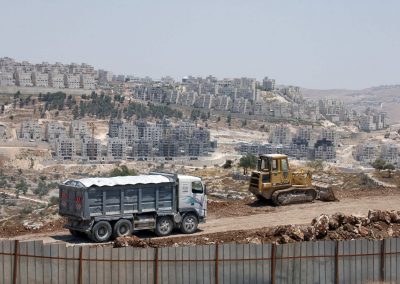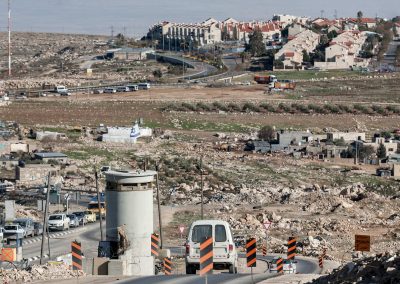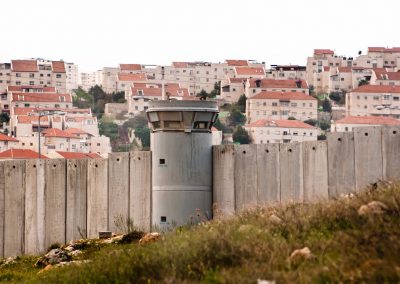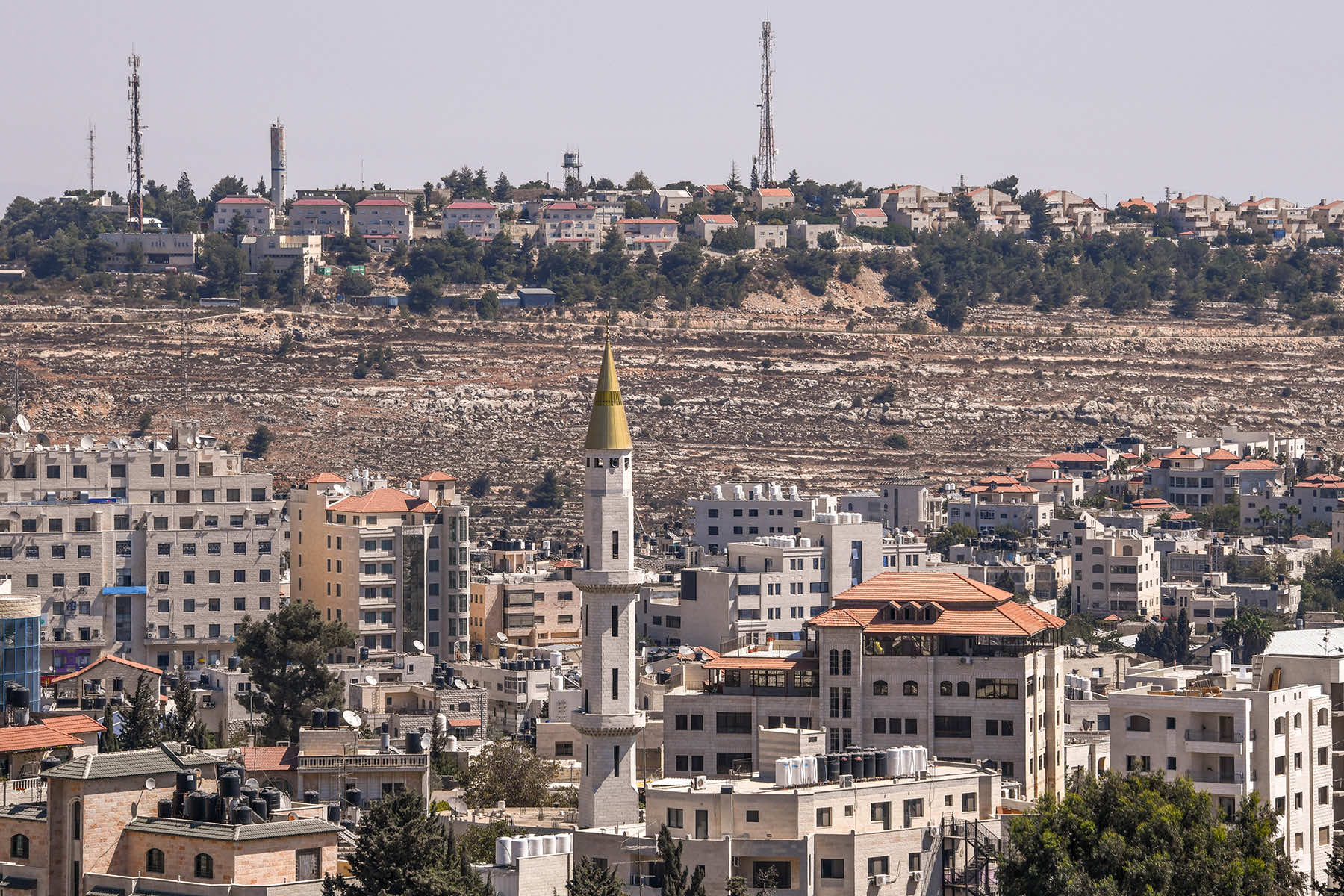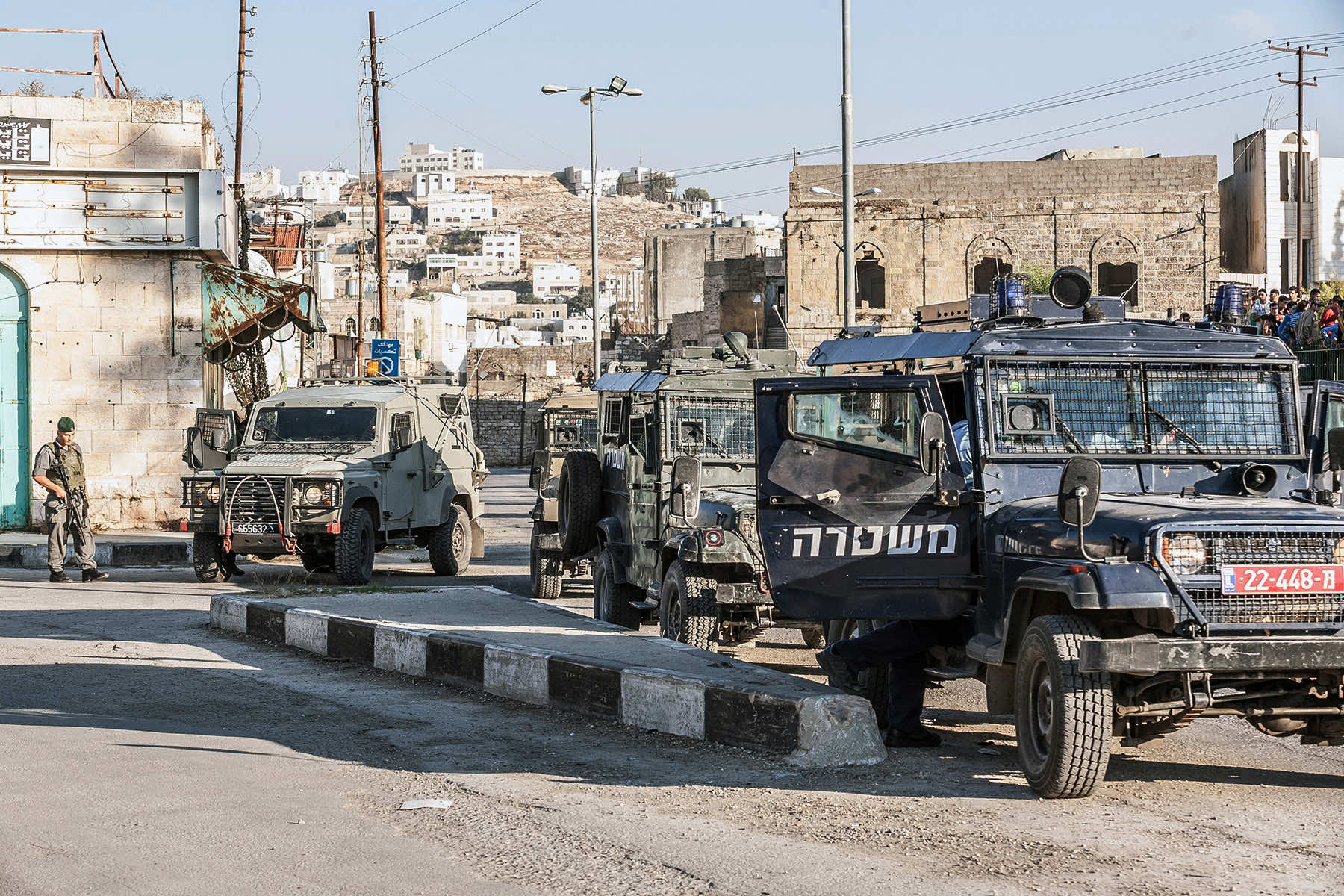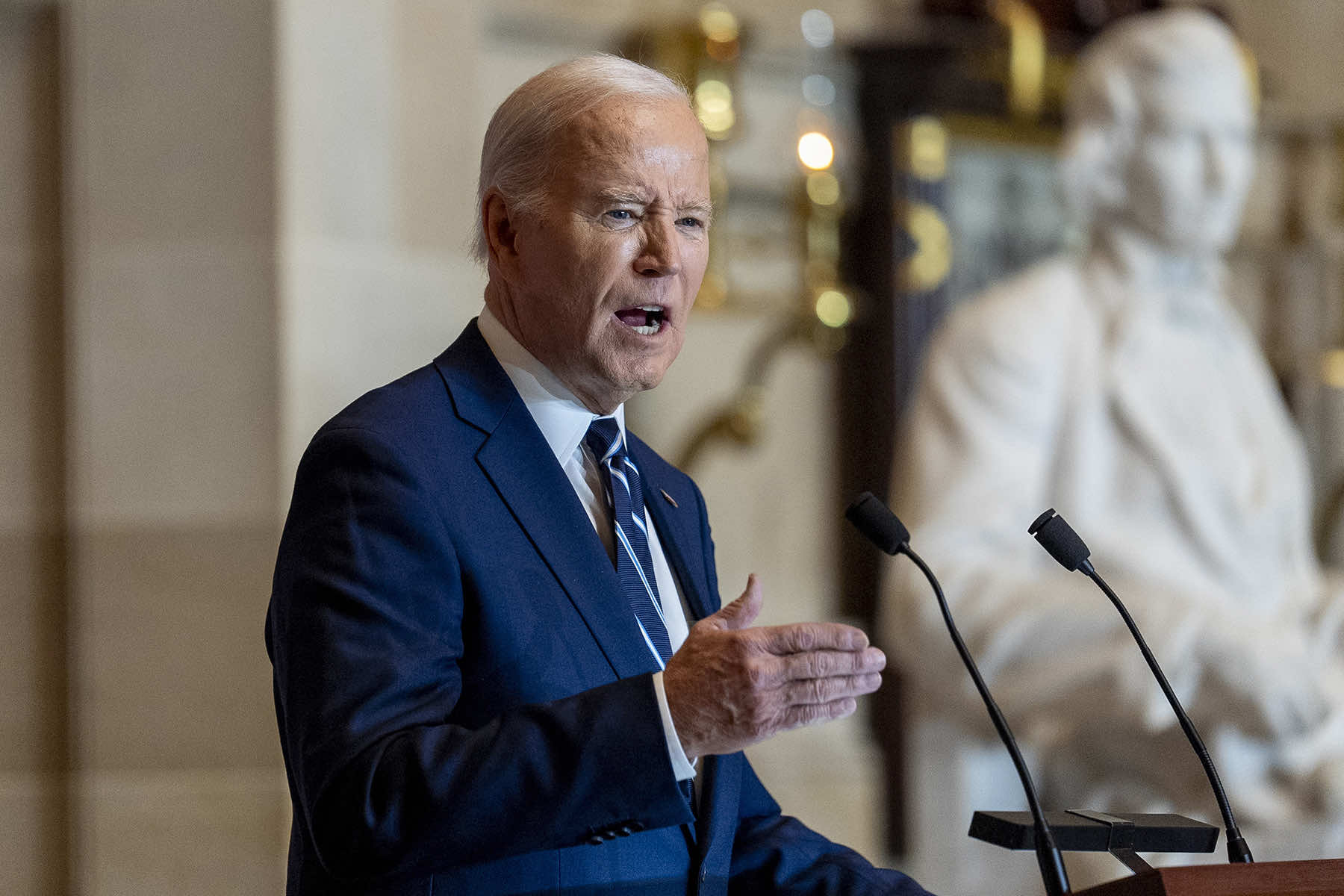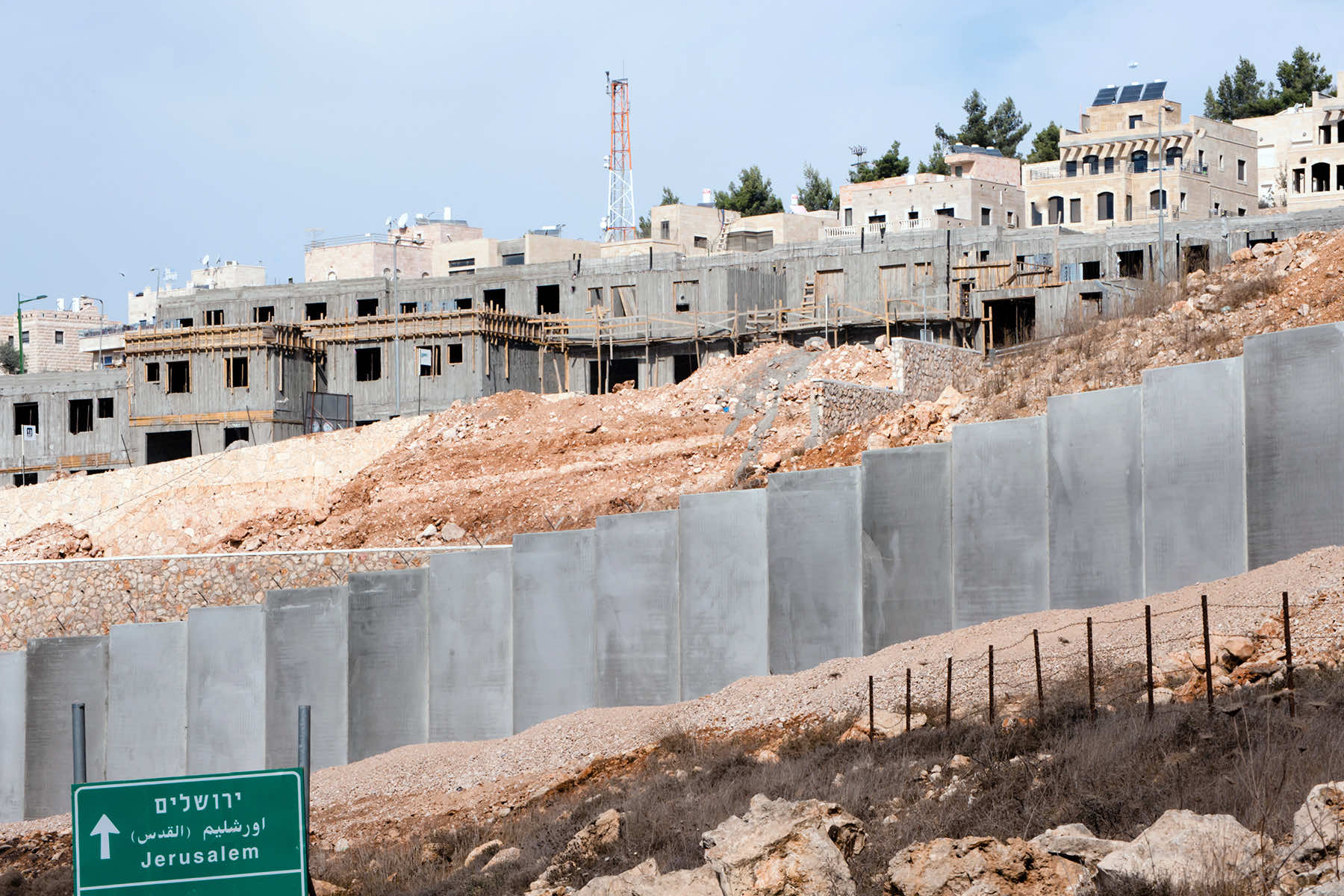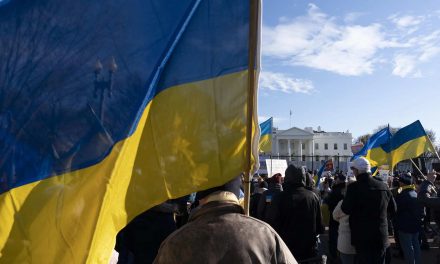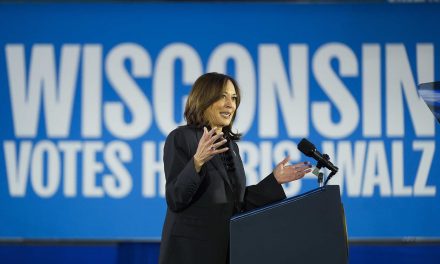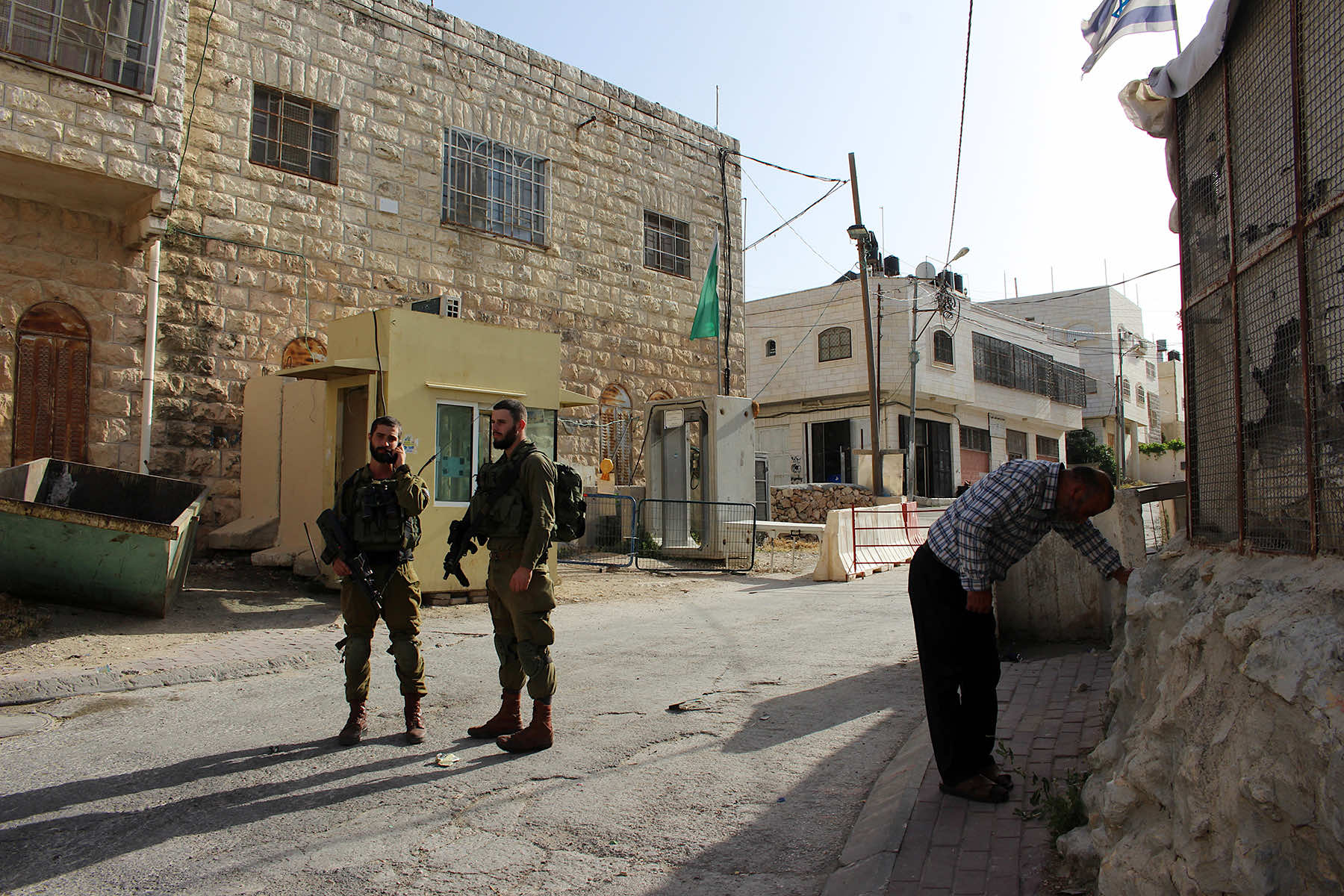
President Joe Biden on February 1 issued an executive order that targeted Israeli settlers in the West Bank who have been accused of attacking Palestinians and Israeli peace activists in the occupied territory, imposing financial sanctions and visa bans in an initial round against four individuals.
Those settlers were involved in acts of violence, as well as threats and attempts to destroy or seize Palestinian property, according to the order. The penalties aim to block the four from using the U.S. financial system and bar American citizens from dealing with them. U.S. officials said they were evaluating whether to punish others involved in attacks that have intensified during the Israel-Hamas war.
Biden’s order is a rare step against America’s closest ally in the Mideast who, Biden says, has the right to defend itself. But the Democratic president has pressed Israeli Prime Minister Benjamin Netanyahu’s government to show greater restraint in its military operations aimed at rooting out Hamas. Netanyahu denounced the U.S. penalties, which his government was notified in advance, U.S. officials said.
Palestinian authorities say some Palestinians have been killed, and rights groups say settlers have torched cars and attacked several small Bedouin communities, forcing evacuations.
“This violence poses a grave threat to peace, security, and stability in the West Bank, Israel, and the Middle East region, and threatens the national security and foreign policy interests of the United States,” White House national security adviser Jake Sullivan said in a statement.
Biden is facing growing criticism for his administration’s strong support of Israel as casualties mount in the conflict, which began when Hamas, the militant group that rules Gaza, attacked Israel on October 7.
The order notes that the violence by settlers undermines U.S. foreign policy objectives, “including the viability of a two-state solution and ensuring Israelis and Palestinians can attain equal measures of security, prosperity, and freedom.”
All Israeli settlements in the Israeli-occupied territories are determined to be illegal under international law. The international community considers those Israeli settlements to violate the Fourth Geneva Convention’s prohibition on the transfer of an occupying power’s civilian population into occupied territory.
Biden has reinvigorated calls for an independent Palestinian state that would exist alongside Israel, a goal that has eluded American presidents and Middle East diplomats for decades. Biden has said that finding a way to achieve Palestinian sovereignty once the Israel-Hamas war ends is essential to building a durable peace.
The State Department, in a statement, identified the four settlers and described the accusations against them.
Netanyahu has rejected such an idea throughout his political career and has told U.S. officials he remains opposed to any postwar plan that includes establishment of a Palestinian state.
Biden has spoken out against retaliatory attacks by Israeli settlers and pledged that those those responsible for the violence will be held accountable. He said in late October that the violence by “extremist settlers” amounted to “pouring gasoline” on the already burning fires in the Middle East. “It has to stop. They have to be held accountable. It has to stop now,” Biden said.
Israel Defense Forces stepped up raids across the West Bank after the war began. Hamas militants are present in the West Bank, but largely operate underground because of Israel’s tight grip on the territory. Palestinians have accused the Israeli military of not preventing attacks by settlers.
Israel’s wartime mobilization of 300,000-plus reservists included the call-up of settlers for duty, and many were put in charge of policing their own communities. The military said that in some cases, reservists who live in settlements replaced regular West Bank battalions deployed in the war.
The order will give the Treasury Department the authority to impose financial sanctions on settlers engaged in violence, but is not meant to target U.S. citizens. A substantial number of the settlers in the West Bank hold U.S. citizenship, and they would be prohibited under U.S. law from transacting with the sanctioned individuals.
U.S. lawmakers have zeroed in on the role of Americans or dual citizens in the settler violence and intimidation. In a letter sent in January, Senator Ben Cardin, chairman of the Senate Foreign Relations Committee, asked the White House to take action against any U.S. citizens involved in attacks against Palestinians. He said that could include criminal charges and financial sanctions.
“There’s got to be a strong message against the extreme activities taken by some settlers on the West Bank, jeopardizing the lives of Palestinians as well as the peace in the region,” Cardin, D-MD, told reporters on February 1.
In conjunction with the executive order, the Treasury Department issued an alert to financial institutions to look out for transactions that might benefit “extremist” settlers in the West Bank.
The alert provides banks with four possible red flags to consider when determining whether to mark transactions to the department as suspicious. They include transactions with nonprofits related to “extremist” settlers and groups, memo-line data that suggests support for extremism and purchases of tactical gear for nongovernmental use in the West Bank.
The State Department announced in December it would impose travel bans on extremist Jewish settlers implicated in a rash of recent attacks on Palestinians in the occupied West Bank. While the department did not announce individual visa bans, officials said at the time the bans would cover “dozens” of settlers and their families, with more to come if the violence continued.

